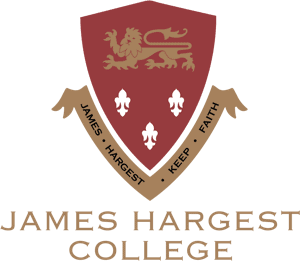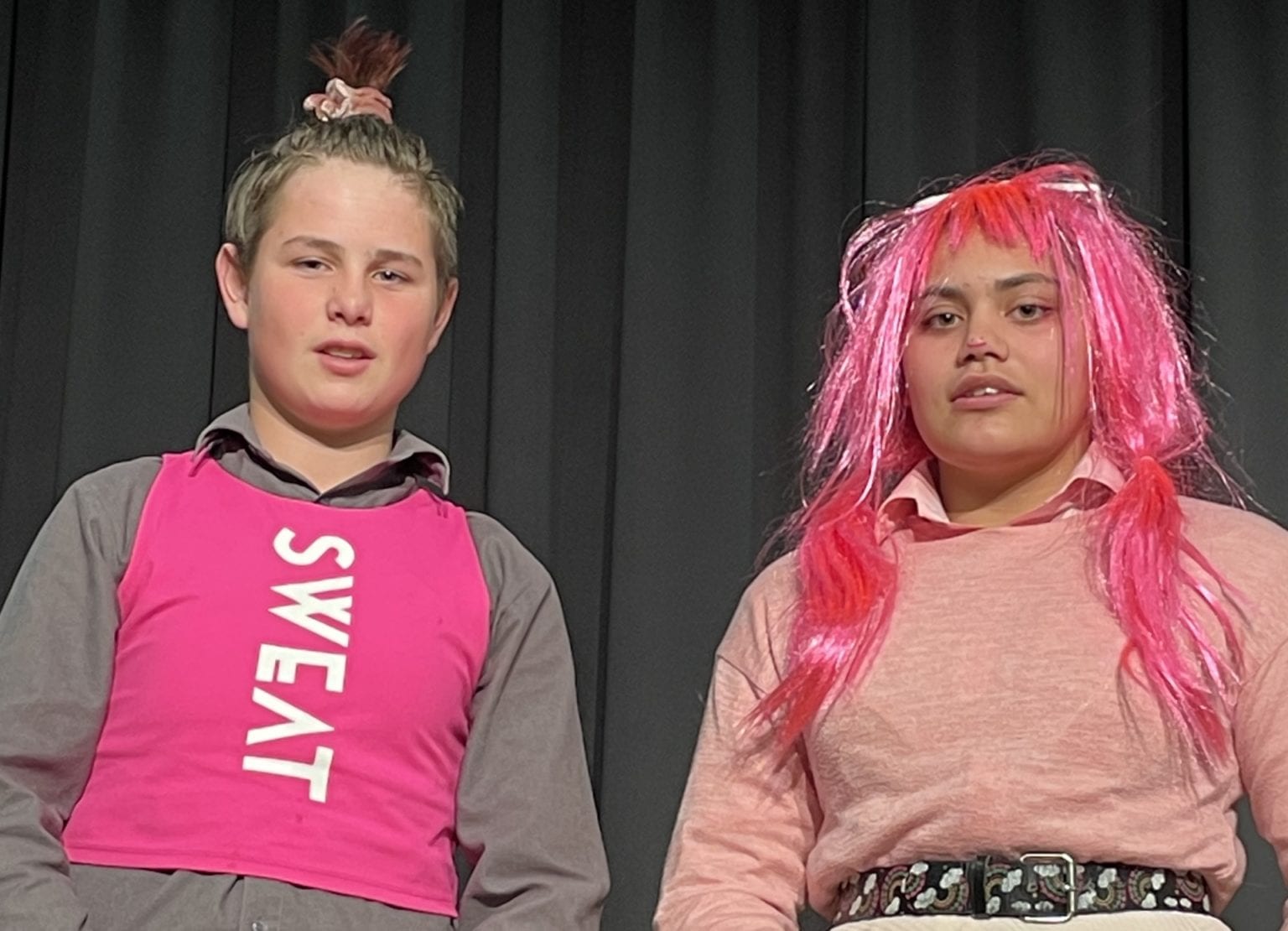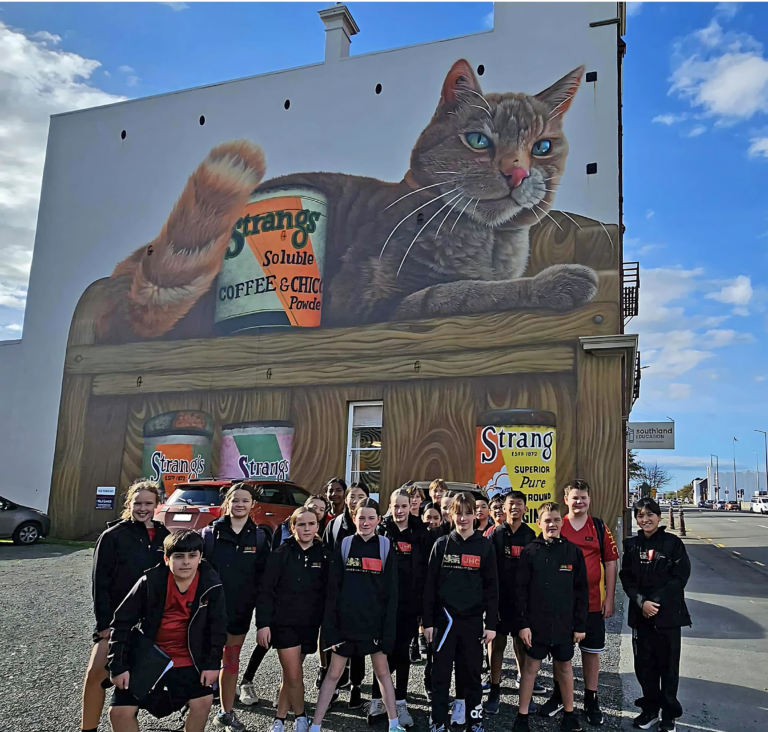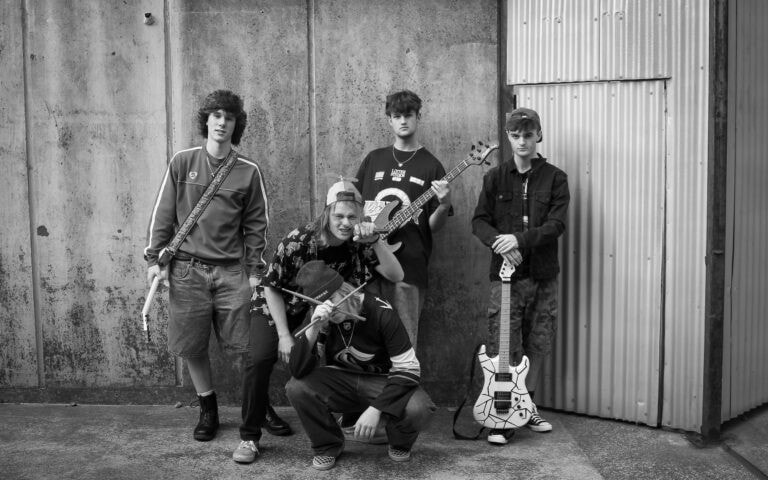On Monday 17 May – Friday 21 May was Bullying Free NZ week. The whakatauki of the week was “He Kōtuinga mahi iti, he hua pai-ā rau, Small ripples create big waves.” At James Hargest College we used the opportunity to talk to our rangatahi about the insidious nature of bullying and how we can work together to make our place better for us all.
Students have spoken to us about the key aspects of bullying and we chose to frame our week around five key themes, cyber bullying, celebrating diversity, understanding differences around sexuality and gender, the importance of being an upstander and toxic friendships. Underneath these five umbrella topics are an inordinate number of scenarios where students feel aggrieved, upset, humiliated and uncomfortable. Bullying Free NZ week was an opportunity to discuss some of these scenarios and ask our students to reflect on their own behaviours.
We sent our JHC response to bullying to our community. We are committed to helping students learn how to navigate their conflicts
and support those who are being made to feel unsafe.
Bullying and nastiness is not something that is confined to a school day or a singular week. We understand the important role we have to play in helping to address bullying behaviour. We understand the importance of teaching “the front half” of the New Zealand Curriculum explicitly. We understand that school is the place all young people attend, and therefore it will be the space where social conflict will occur. We need our community to understand that they have a significant role to play as well.
If we assume a student is at school for six hours per day, five days per week, forty weeks per year, then school makes up 1200 hours per year out of 8760, or in other words, students are physically with us for 14% of their year. We need to work together to grow rangatahi who demonstrate respect towards others as well as socio-emotional strength and resilience. Some students come to us lacking self control or empathy. We work hard with these tauira to help them grow their emotional maturity. This isn’t always a quick fix, or something that we can publicly announce to the community. We are always mindful of students’ privacy and mana when we are helping them to learn from a situation.
Social Media has made our work in this realm extremely difficult. The instant, immediate, invasive nature of social media platforms makes it very difficult for those students experiencing a tough time to escape. Nasty online behaviours are insidious and pervasive amongst teens. We urge our community to help us fight back. There is significant research imploring parents to ensure their teens’ phones stay out of their bedrooms at night. Research also shows how important it is that parents use parental controls and are on the same platforms as their teens as they navigate tricky new territories. Open communication about effective ways to behave online and use the internet safely are imperative. Within a school day it is simply not possible for us to address the numerous instances of harmful online behaviour. We need our community to become active in this space.
To the whakatauki of the Bullying Free NZ week, we need to add the whakatauki “Me mahi tahi tātou mo te oranga o te katoa” which means working together as one for the wellbeing of everyone.







